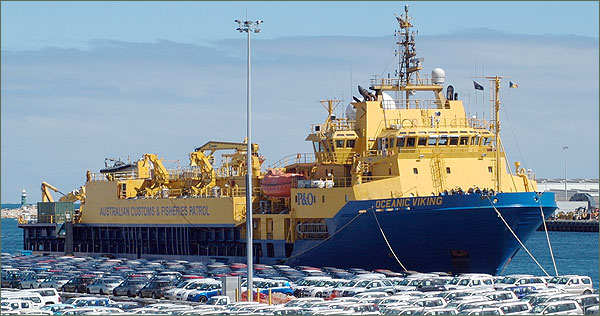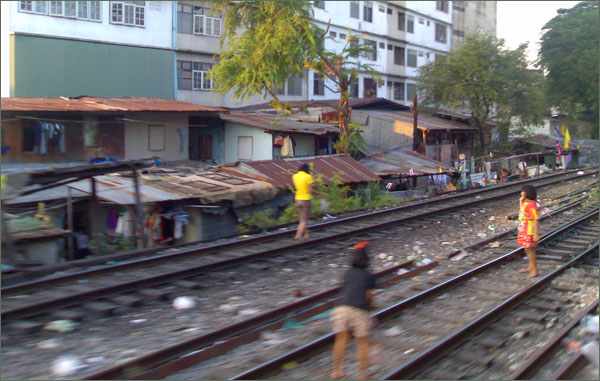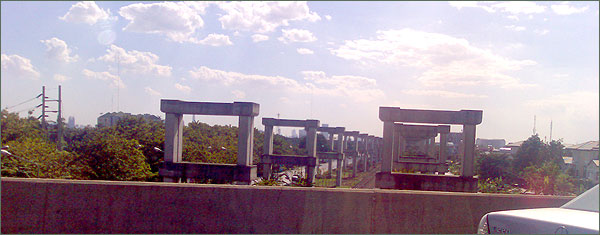Bernadette McMenamin, CEO of Child Wise, has entered the debate on Internet filtering waving the “stop child pornography” banner.
It is beyond belief that some representatives of the Australian internet service provider industry are reluctant to install filters that would prevent access to child pornography.
Surely any decent person would do all they can to protect children. However there exists a small but vocal group in Australia which is opposed to the federal Government’s proposal to introduce mandatory ISP filtering to block child pornography and other illegal content.
I must admit, I always start worrying when I see appeals to “decency”, because it usually flags that I’m about to see an appeal to Victorian middle-class “family values” and a distinct lack of logic. Nevertheless I’ve posted a comment thusly, which The Australian may or may not publish:
Bernadette McMenamin is obviously a hard-working and committed woman “fighting the good fight” against child pornography and other abuses of children. Excellent. If only there were more like her.
It’s a shame, however, that in her eagerness she’s fallen for Senator Conroy’s trap.
If his proposal was only about child pornography then it’d be a good thing. Indeed, if such magic devices as “filters that would prevent access to child pornography” existed I’d buy three. I’d also buy a perpetual motion machine and an elixir of youth while I was at it.
The fact that Ms McMenamin is willing to hand the government a comprehensive online censorship mechanism while chasing this chimera of a Magick Filter only shows how naive her understanding of the Internet is, and how her passion has clouded her understanding of the bigger picture.
To which I would now add, the very premise of your essay is faulty. The proposal is not about filtering illegal content. It’s about filtering material which is legal for adults to view but which is “inappropriate” (another Victorian-values word!) for children — and making adults register in some as-yet-to-be-defined process to view what it legal for them to view.
I’m also wondering… What proposal have you actually seen which makes you so confident that you want to support it? Or do you just respond in a knee-jerk reaction when someone does the “Won’t someone think of the children?” fallacious argument trick?
[Update: The Australian has published my comment online, without the last paragraph.]




